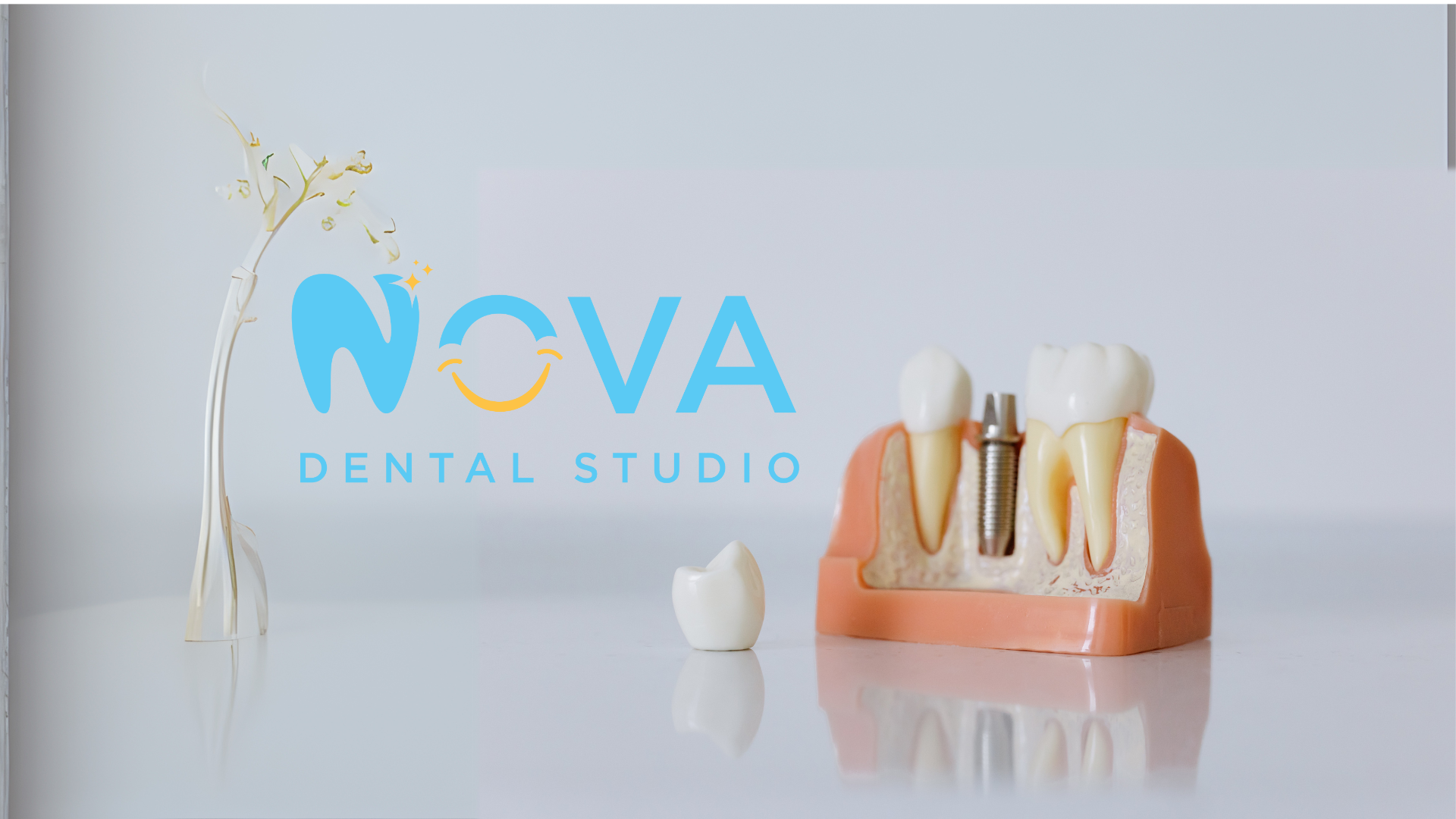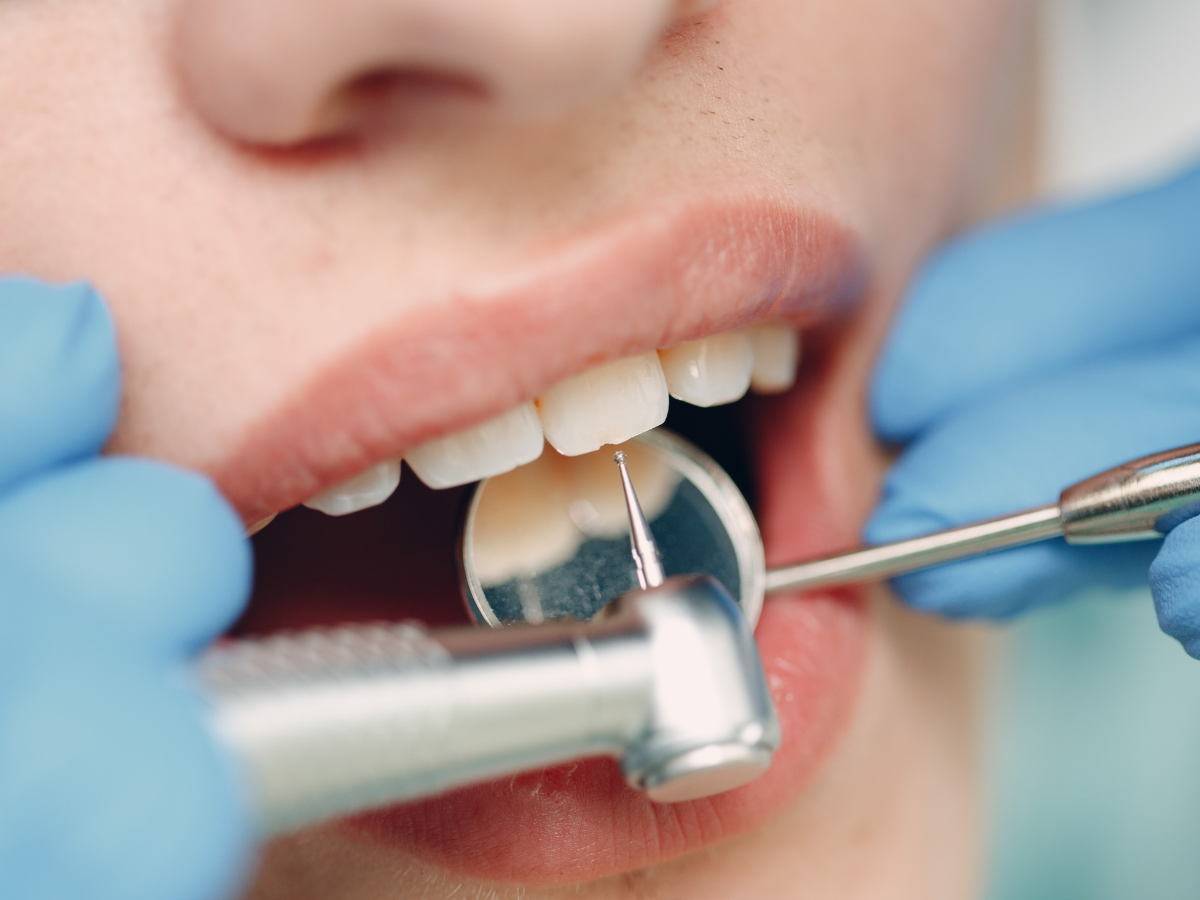How Long Do Dental Implants Last: 7 Lifespan Factors and Tips
Understanding the Lifespan of Dental Implants
Dental implants are a popular solution for replacing missing teeth, but many people wonder how long they last. The lifespan of dental implants can vary based on several factors. Understanding these factors can help you make informed decisions about your dental health.
Factors Influencing Implant Longevity
- Material Quality: The type of materials used in the implant can greatly affect its durability.
- Oral Hygiene: Keeping your mouth clean is crucial for the health of your implants.
- Lifestyle Choices: Habits like smoking or poor diet can shorten the lifespan of your implants.
Common Misconceptions About Implant Durability
- Many believe implants last a lifetime without care, but regular maintenance is essential.
- Some think all implants are the same, but quality can differ significantly.
- There’s a myth that implants can’t fail, but complications can arise if not properly cared for.
Comparing Dental Implants to Other Dental Solutions
- Bridges: Typically last 5-15 years and may require replacement.
- Dentures: Can last 5-10 years but often need adjustments.
- Implants: With proper care, they can last 10 years or more, often much longer.
At Nova Dental Studio, we emphasize the importance of understanding how to care for your dental implants to ensure they last as long as possible.
Material Quality and Its Impact on Implant Longevity
Types of Materials Used in Dental Implants
Dental implants are made from various materials, each with its own benefits. The most common materials include:
- Titanium: Known for its strength and ability to fuse with bone.
- Zirconia: A ceramic option that is more aesthetic and less likely to cause allergic reactions.
- Composite materials: These can combine different elements to enhance performance.
Advantages of High-Quality Materials
Using high-quality materials in dental implants can lead to better outcomes. Some advantages include:
- Increased durability: High-quality materials resist wear and tear.
- Better integration: They bond more effectively with the jawbone.
- Reduced risk of complications: Quality materials lower the chances of implant failure.
How Material Choice Affects Durability
The choice of material plays a crucial role in how long an implant lasts. Factors to consider include:
- Biocompatibility: Materials that the body accepts well tend to last longer.
- Corrosion resistance: High-quality materials resist breakdown over time.
- Strength: Stronger materials can withstand daily wear and tear better.
Choosing the right material for dental implants ensures their longevity and effectiveness. At Nova Dental Studio, we prioritize using top-quality materials to provide our patients with the best possible outcomes.
2. Role of Oral Hygiene in Extending Implant Life
Daily Oral Care Practices
To keep your dental implants healthy, following good daily oral care habits is important. Here are some key practices:
- Brush your teeth at least twice a day with a soft-bristled toothbrush.
- Use a non-abrasive toothpaste to avoid damaging the implant surface.
- Floss daily to remove food particles and plaque between your teeth and the implants.
Importance of Regular Dental Check-Ups
Regular visits to your dentist are crucial for maintaining your dental implants. During these check-ups, your dentist can:
- Check the health of your gums and implants.
- Clean areas that are hard to reach at home.
- Identify any potential problems early on.
Impact of Poor Hygiene on Implants
Neglecting oral hygiene can lead to serious issues for your dental implants. Some consequences of poor hygiene include:
- Increased risk of gum disease, which can affect the stability of the implant.
- There are higher chances of infection around the implant site.
- Possible failure of the implant if not addressed in time.
Maintaining good oral hygiene is essential for the longevity of your dental implants. At Nova Dental Studio, we emphasize the importance of daily care and regular check-ups to ensure your smile lasts a lifetime.
3. Influence of Lifestyle Choices on Implant Durability
Smoking and Its Effects on Implants
Smoking can have a negative impact on dental implants. It can slow down healing and increase the risk of failure. Here are some key points to consider:
- Smoking reduces blood flow to the gums, which is crucial for healing.
- It can lead to infections that harm the implant.
- Smokers may experience more complications than non-smokers.
Dietary Habits That Support Implant Health
What you eat plays a role in how long your dental implants last. A balanced diet can help keep your implants strong. Here are some foods to include:
- Calcium-rich foods like milk and cheese are good for solid bones.
- Fruits and vegetables are good for vitamins that support gum health.
- Lean proteins to help with tissue repair.
Exercise and Oral Health Connection
Staying active is good not only for your body but also for your oral health. Regular exercise can:
- It improves blood circulation, which helps your gums.
- Reduce stress, which can lead to better oral hygiene habits.
- Encourage a healthier lifestyle overall, supporting your dental implants.
Making smart lifestyle choices can significantly enhance the durability of your dental implants. At Nova Dental Studio, we emphasize the importance of these choices in maintaining oral health.

4. The Importance of Professional Maintenance
Dental implants are a significant investment in oral health, and maintaining them is crucial for longevity. Regular professional maintenance can significantly enhance the lifespan of your implants. Here are some key aspects to consider:
Regular Professional Cleanings
- Schedule cleanings at least twice a year.
- Professional cleanings help remove plaque and tartar that regular brushing might miss.
- Dentists can check for any early signs of problems with your implants.
Monitoring Implant Health Over Time
- Regular check-ups allow your dentist to monitor the condition of your implants.
- They can assess the surrounding gum tissue and bone health.
- Early detection of issues can prevent more serious complications later.
Addressing Complications Early
- If you notice any discomfort or changes, contact your dentist right away.
- Quick action can prevent minor issues from becoming major problems.
- Your dentist can provide solutions to keep your implants healthy.
Professional maintenance is essential to ensure that your dental implants remain in good condition for years to come. At Nova Dental Studio, we emphasize the importance of regular check-ups and cleanings to help you maintain your beautiful smile.
5. Technological Advancements in Implant Dentistry
Innovations in Implant Design
Recent advancements in implant design have made dental implants more effective and reliable. Some key innovations include:
- Improved shapes and surfaces that promote better integration with the jawbone.
- Use of biocompatible materials that reduce the risk of rejection.
- Customizable implants that can be tailored to fit individual patients' needs.
Role of Digital Dentistry in Implant Success
Digital dentistry has transformed how dental implants are planned and placed. This includes:
- 3D imaging for precise mapping of the mouth and jaw.
- Computer-guided surgery that enhances accuracy during the implant procedure.
- Digital impressions that eliminate the need for messy molds, making the process more comfortable for patients.
Future Trends in Implant Technology
Looking ahead, several trends are shaping the future of dental implants:
- Regenerative techniques may help with faster healing.
- Smart implants equipped with sensors to monitor health.
- Robotic assistance in surgeries for improved precision.
At Nova Dental Studio, we stay updated with the latest technologies to provide the best dental implants in Irvine, CA. Our commitment to innovation ensures that our patients receive top-notch care from the best dentist in Irvine.
6. Patient Health and Its Effect on Implant Longevity
Impact of Chronic Conditions on Implants
Chronic health issues can significantly affect the success of dental implants. Conditions such as diabetes, heart disease, and autoimmune disorders may lead to complications. Here are some key points to consider
- Diabetes: High blood sugar can slow healing and increase infection risk.
- Heart Disease: May affect blood flow, impacting recovery.
- Autoimmune Disorders: Can hinder the body’s ability to heal properly.
Age-Related Factors in Implant Success
As people age, their bodies change, influencing how well dental implants work. Older adults may face:
- Decreased bone density, making it harder for implants to stay in place.
- Slower healing times can lead to longer recovery periods.
- Increased likelihood of other health issues that can complicate implant procedures.
7. Managing Health for Optimal Implant Performance
Patients should focus on their overall health to ensure the best results from dental implants. Here are some tips:
- Regular Check-Ups: Visit your doctor and dentist regularly to monitor your health.
- Healthy Diet: Eat a balanced diet rich in vitamins and minerals to support healing.
- Stay Active: Engage in regular exercise to improve circulation and overall health.
Taking care of your health is crucial for the success of dental implants. At Nova Dental Studio, we emphasize the importance of a healthy lifestyle to enhance implant longevity.
Conclusion
Dental implants can be a great solution for missing teeth, and their lifespan can vary based on several factors. By taking good care of your oral health, visiting the dentist regularly, and avoiding harmful habits, you can help your implants last longer. Remember, every person's situation is different, so it's important to talk to your dentist about how to keep your implants in great shape. Dental implants can serve you well for many years with the right care.









